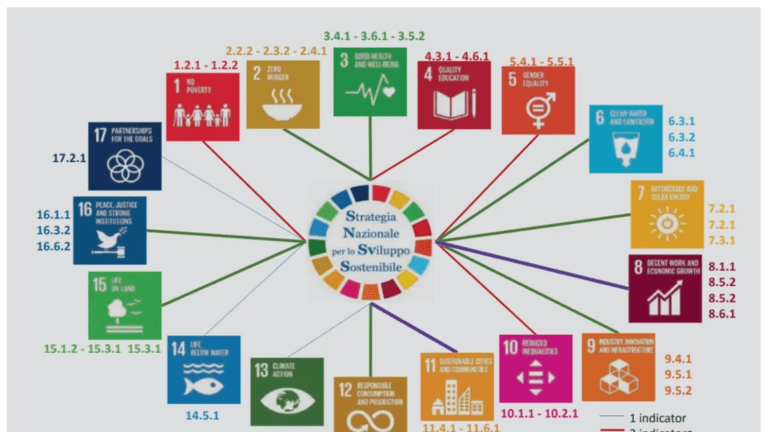TL;DR:
- University of Siena’s innovative study uses clustering algorithms and machine learning to assess Italy’s progress on Sustainable Development Goals (SDGs).
- Focuses on SDGs related to climate change, including Zero Hunger, Responsible Consumption and Production, and Climate Action.
- Highlights the vital role of Italy’s agrifood sector in the context of climate change and its impact on food production, species, and diseases.
- Reveals poor SDG performance in Italy despite a strong interest in sustainability among citizens.
- Compares Italy’s SDG performance with other European countries, showcasing rising Greenhouse Gas emissions from agriculture.
- Calls for prioritizing the environmental impact of the agricultural sector in future research and policy-making.
Main AI News:
Italy’s University of Siena has unveiled a groundbreaking study employing cutting-edge clustering algorithms and machine learning techniques. This research takes a deep dive into Italy’s progress towards the Sustainable Development Goals (SDGs), with a specific emphasis on SDG 2 (Zero Hunger), SDG 12 (Responsible Consumption and Production), and SDG 13 (Climate Action), shedding light on the crucial interplay between the agrifood sector and climate change.
The Vitality of Italy’s Agrifood Sector
Italy’s economy relies heavily on its agrifood sector, a sector intricately linked with the challenges posed by climate change. This study meticulously dissects this sector, highlighting the pressing global concerns tied to climate change’s impact on food production, species survival, and the surge in diseases and antimicrobial resistance.
Unveiling the Study’s Approach and Insights
To gauge the sustainability awareness of Italian citizens in their grocery shopping habits and their comprehension of SDGs, the researchers employed a comprehensive questionnaire. The results paint a sobering picture, indicating Italy’s lackluster performance in SDG indicators despite a significant interest in sustainability among the population.
A Comparative Lens: Italy and European Nations
In the pursuit of a balanced perspective, this study conducts a comparative analysis of Italy’s SDG performance against its European counterparts. Leveraging publicly available datasets from Eurostat and harnessing the analytical capabilities of the R programming language, the findings draw attention to the noteworthy ecological impact of the agrifood market. Greenhouse Gas (GHG) emissions from agriculture are on the rise due to heightened demand for meat and dairy products, amplifying the urgency of addressing this issue.
Conclusion:
The study emphasizes the urgent need to address the environmental impact of the agrifood sector, particularly in terms of climate change. This insight has significant implications for the market, indicating a growing demand for sustainable practices and products in the agrifood industry. Businesses should align their strategies with these concerns to remain competitive and environmentally responsible.

